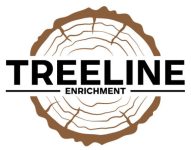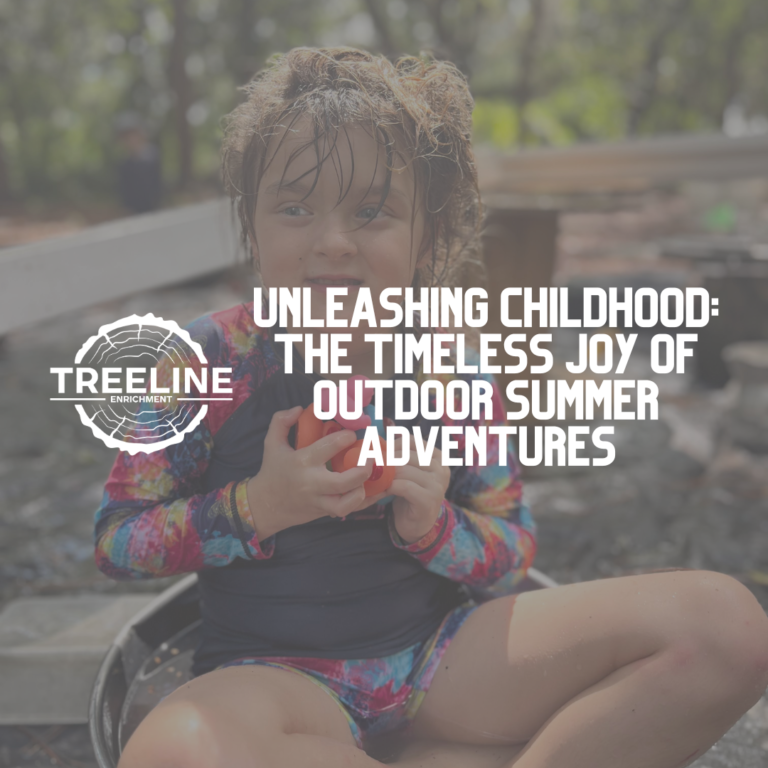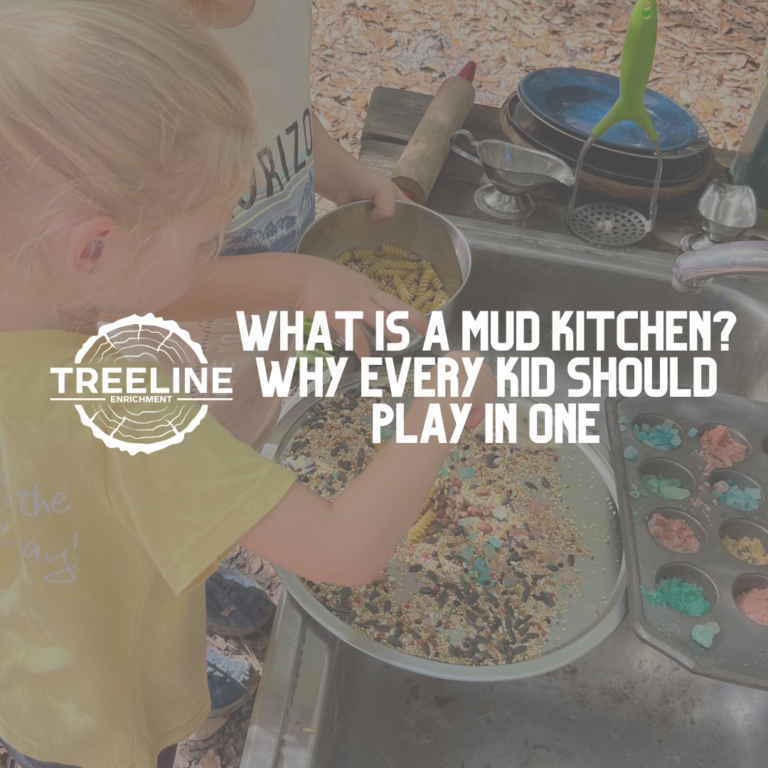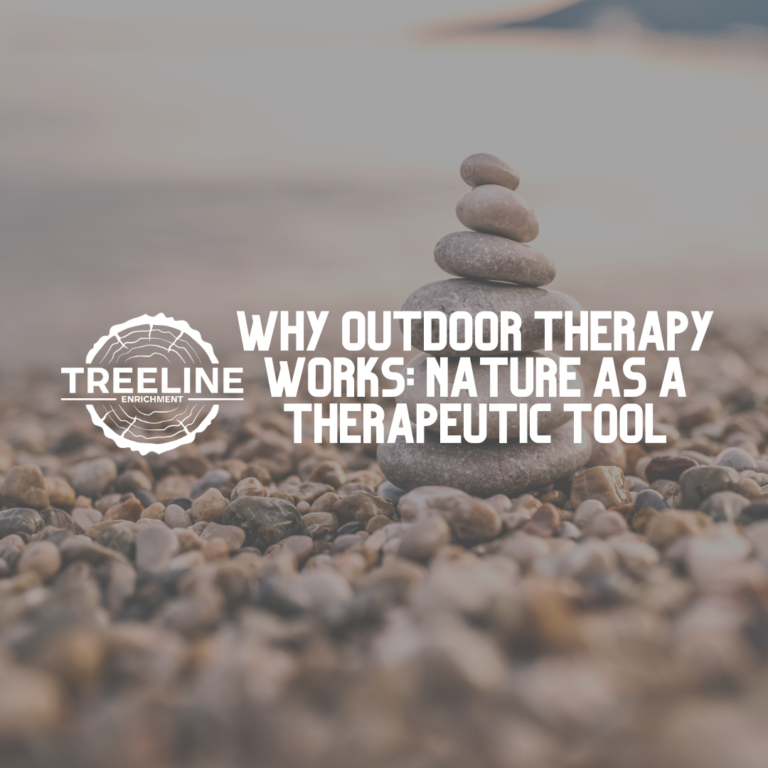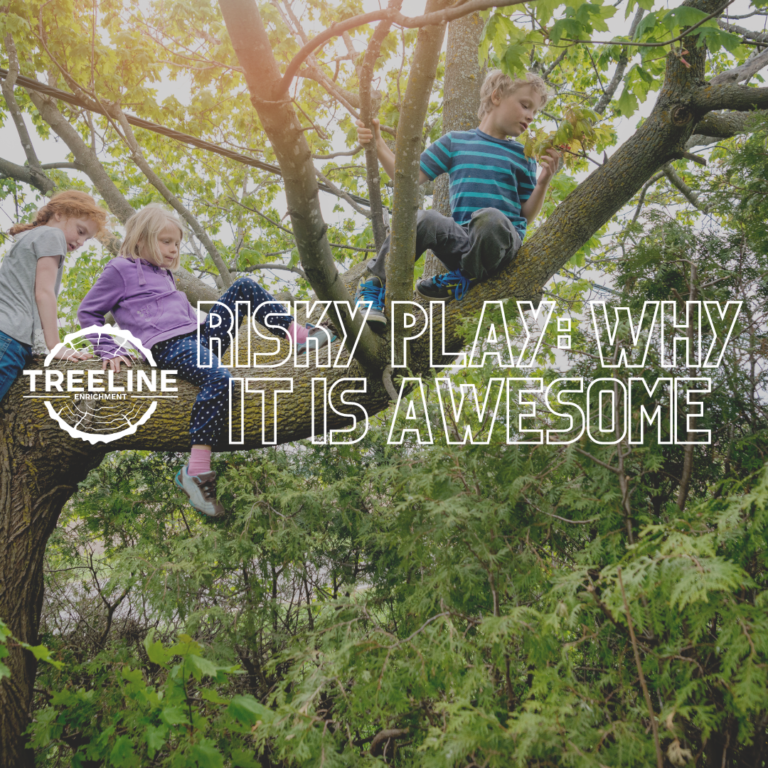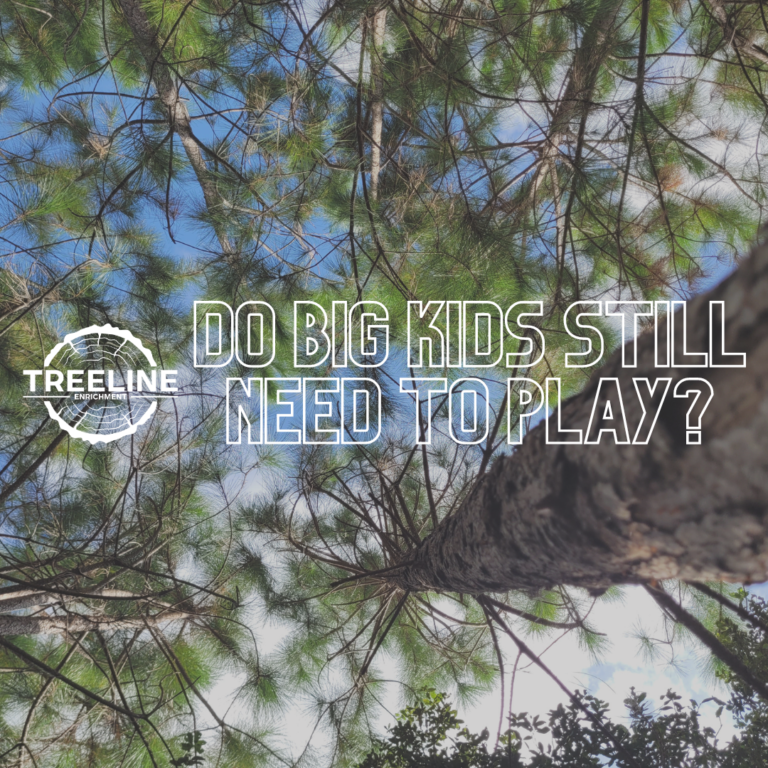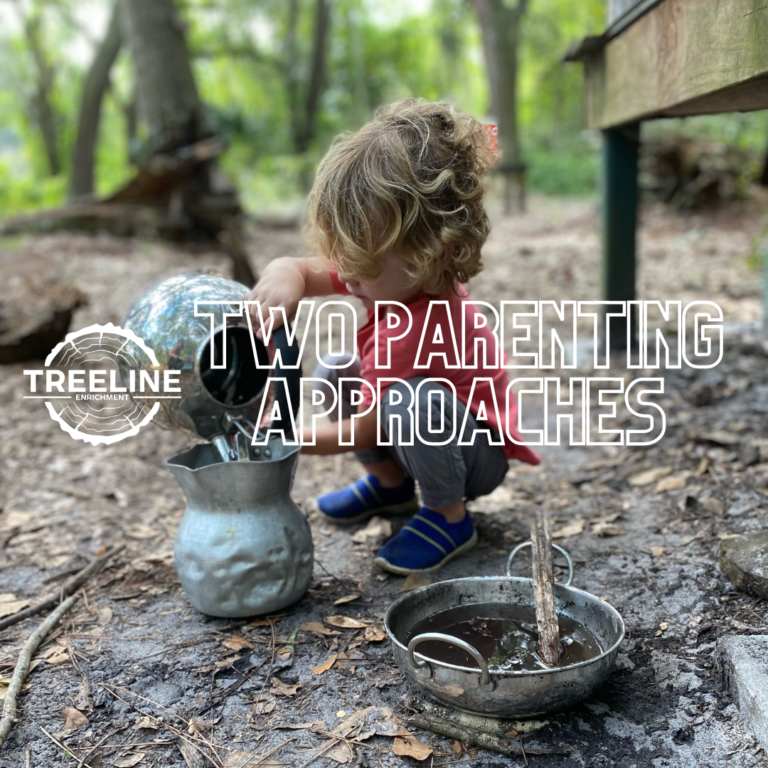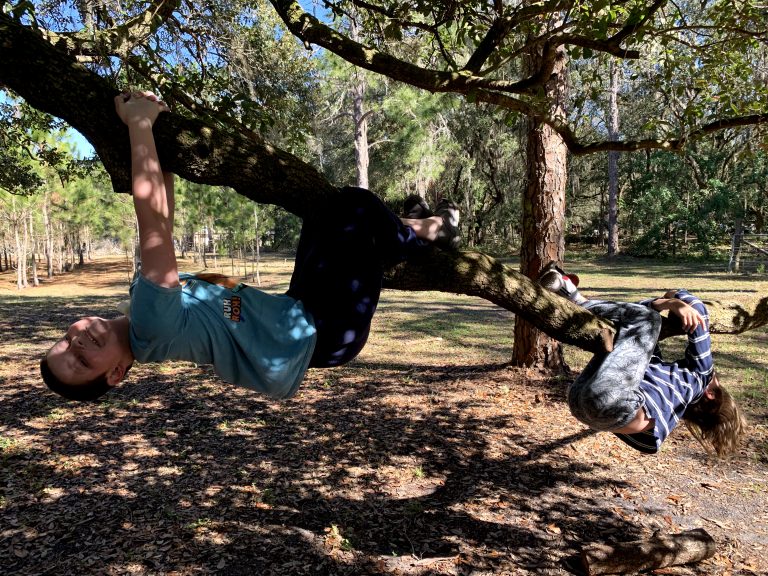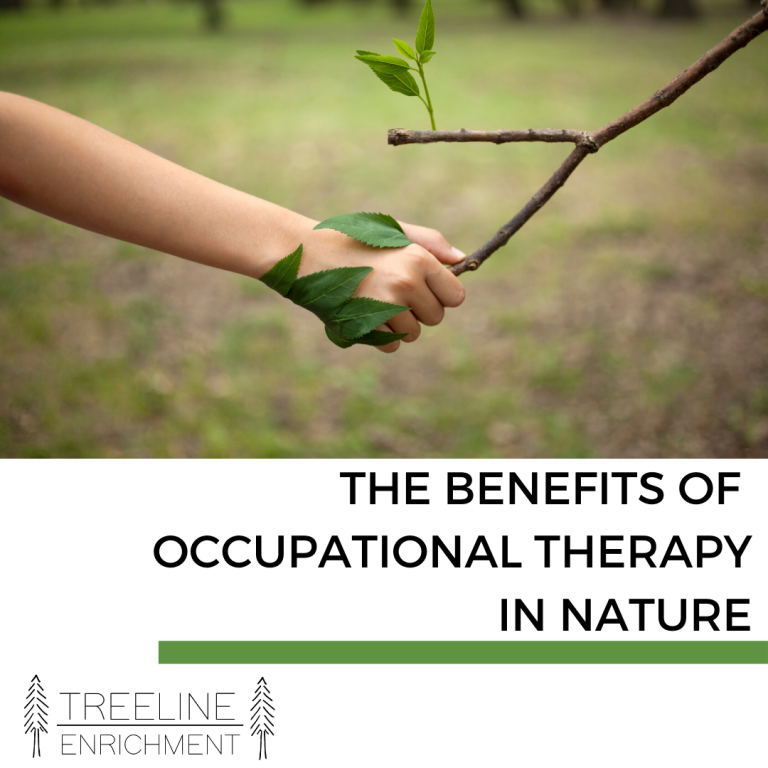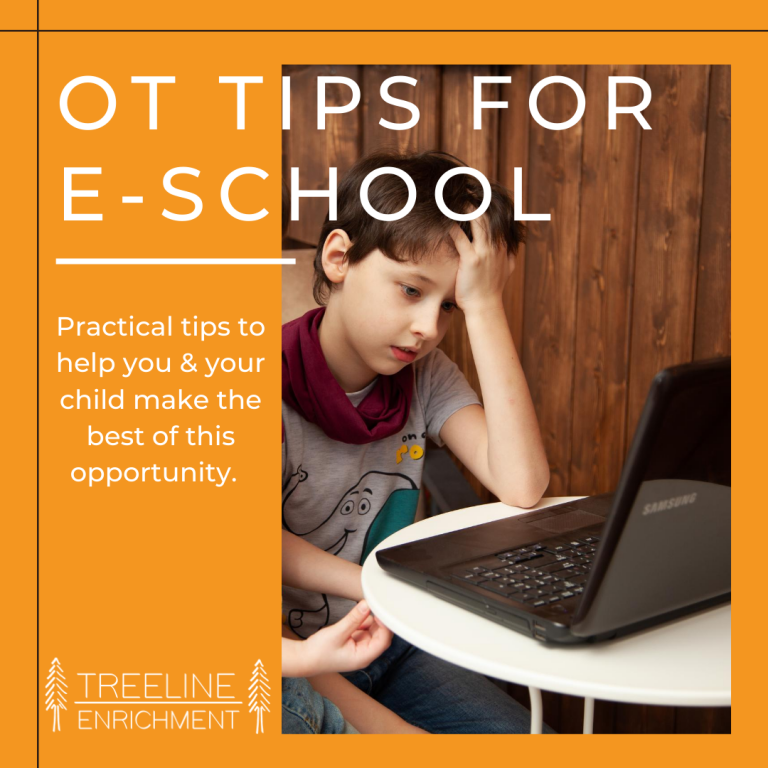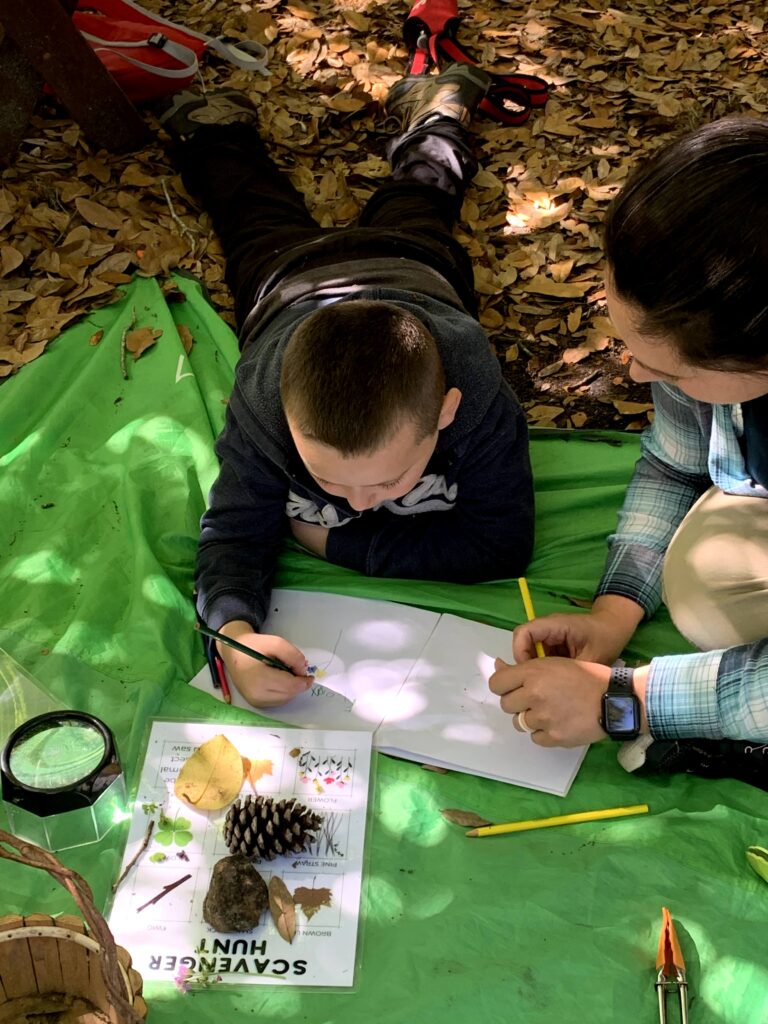Unleashing Childhood: The Timeless Joy of Outdoor Summer Adventures
Rediscover the Magic of Summer Close your eyes and picture a summer from your childhood. Do you remember the thrill of building a secret fort in the woods, creating games with friends that only you understood, or feeling the mud squish between your fingers as you made the “best” mud pie ever? Those moments weren’t just fun—they were formative. At Treeline, we believe every child deserves a chance to experience the magic of outdoor play. Our summer enrichment weeks, featuring the licensed TimberNook curriculum, bring kids aged 4–10 into the heart of nature for mornings filled with adventure, creativity, and connection. Unrestricted Play: The Heart of Childhood Unrestricted play is where the magic begins. Unlike structured activities, where the rules are set by adults, this…
